Sunscreen Facts vs. Myths
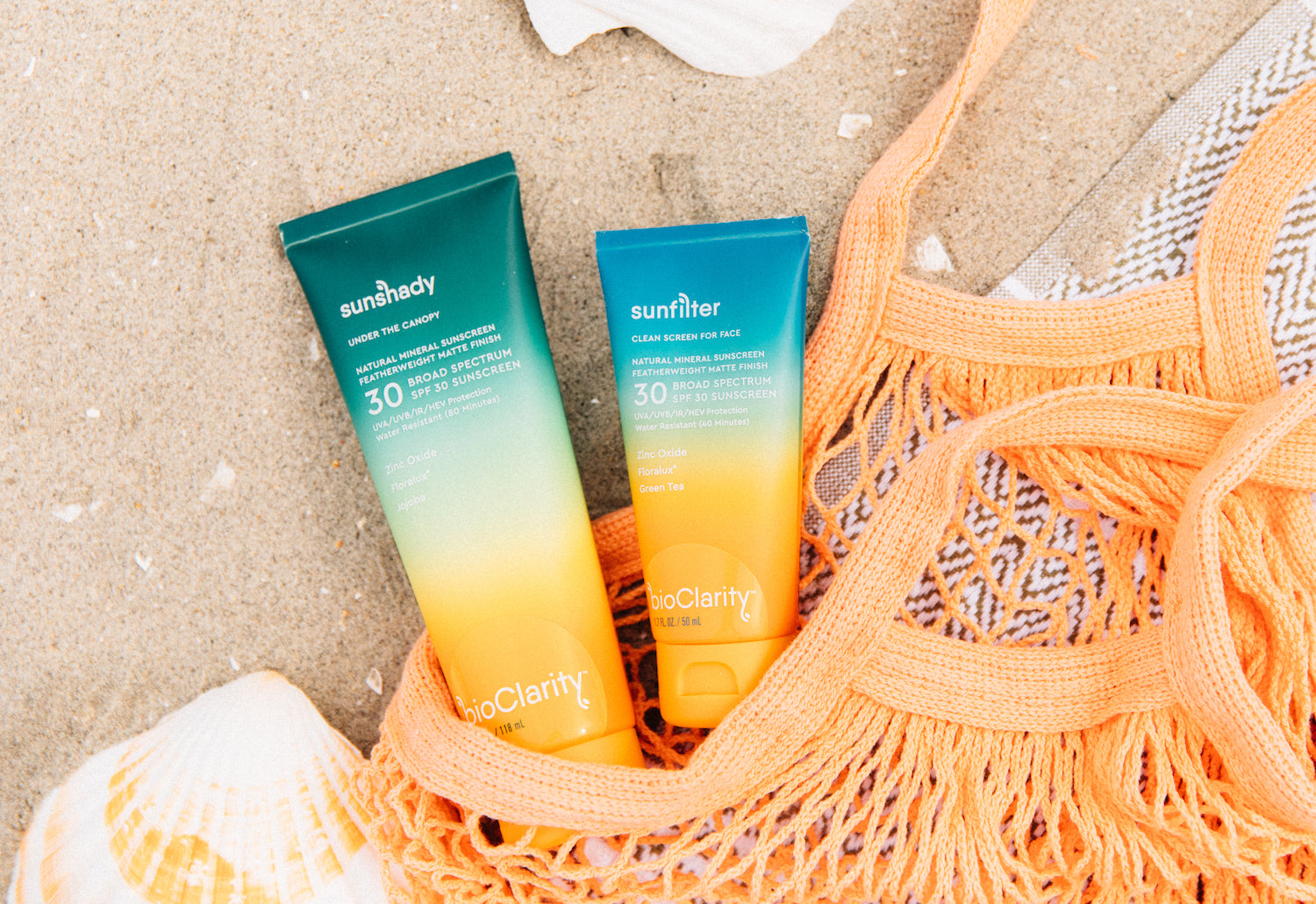
When building a skincare routine, people often prioritize cleansers, serums, and moisturizers. However, one of the best products for protecting your skin’s health and appearance is sunscreen. Sunscreen doesn’t get enough credit and it’s time to change that!
Why You Should Wear Sunscreen Everyday
If you’re someone who wears sunscreen only when you’re outdoors during the summer, it’s time for you to change that habit. Sunscreen is an everyday thing, which means it should be worn on sunny days, cloudy days, rainy days, and even if you’re spending the day inside. Why? It’s a crucial preventative step in your skincare routine.
Not only does sunscreen protect against sunburn and damage from the sun’s harmful UV rays, but it also helps reduce your risk of skin cancer. According to the Skin Cancer Foundation, daily use of SPF 15 sunscreen can reduce your risk of developing squamous cell carcinoma by about 40 percent, and lower your risk of developing melanoma by 50 percent. Skin cancer is one of the most preventable types of cancer so it’s important to make sun safety a priority all year long.
Sunscreen also helps fight signs of premature aging. Unprotected UV exposure is one of the factors responsible for signs of aging, including fine lines, wrinkles, age spots, and sagging. The use of serums and moisturizers with anti-aging effects can help boost collagen and elastin production, but wearing sunscreen is one of the best and easiest ways to protect your skin.
Sunscreen Facts vs. Myths
With summer approaching, we want to help you preserve your youthful complexion and get your best summer glow yet. To keep you from making summer skincare mistakes, here are 6 of the most common sunscreen myths.
Myth #1: Wearing sunscreen will make my acne worse.
Some people mistakenly believe that sun exposure improves the appearance of acne. This is because the redness associated with acne and breakouts may become less noticeable as the skin tans, but this is temporary. An important thing to keep in mind is that unprotected sun exposure can actually damage the skin’s natural barrier and irritate the skin, causing acne flare ups. On top of that, darks spots and hyperpigmentation can darken or worsen.
If you currently use an acne treatment product, it may increase your skin’s photosensitivity, which makes your skin more vulnerable to sunburn and damage. This is why wearing sunscreen will be even more important! There are many sunscreen options available that aren’t greasy and don’t clog pores or cause breakouts so those with acne-prone skin have no need to worry. One great option is SunFilter, which is specifically formulated to be face-friendly and even doubles as an everyday moisturizer as it’s clinically proven to provide 12 hours of hydration.
Myth #2: You don't need sunscreen if it's cloudy outside.
Sunscreen isn’t seasonal. You should be wearing it everyday, regardless of whether or not it’s a sunny day, because UV rays can penetrate clouds and reach your skin. They can also bounce off reflective surfaces like snow, sand, and grass. With that being said, it may be a no-brainer to wear sunscreen while on an outdoor summer adventure but you should also be wearing sunscreen during your annual ski trip during the wintertime.
Myth #3: You only need to apply sunscreen once in the morning.
Generally, you should reapply sunscreen every two hours to ensure all-day protection, especially if you’re swimming or sweating. If spending most of your day indoors, your morning application may still offer adequate protection at the end of the day, as long as you applied the proper amount.
So, how much sunscreen should you really be applying? Use 1/2 teaspoon of sunscreen for your face and neck alone in order to properly protect your skin. For some, this may seem like a lot to apply at once so try a two-step application—apply in two layers, waiting several minutes between each application. Sunscreen should be applied as the last step of your morning skincare routine, following moisturizer.
Myth #4: You only need to apply sunscreen when you’re outdoors.
It’s a common misconception that sunscreen is only necessary when you’re spending long periods of time outdoors. However, UV rays pose a threat to your skin health even if you’re spending most of the day inside, and this is particularly important to know if you tend to sit near a window. Glass windows can filter out UVB rays but not UVA rays.
Myth #5: Those with darker skin tones don’t need to wear sunscreen.
Everyone, regardless of skin tone, should wear sunscreen! While those with darker skin tones may be less likely to get sunburned, they are still at risk for skin cancer, premature signs of aging, hyperpigmentation and uneven skin tone. Apply sunscreen everyday to keep your skin healthy, glowy and even!
Myth #6: All sunscreen is the same.
There are two main types of sunscreen: chemical sunscreen and mineral sunscreen. Chemical sunscreens contain active ingredients that penetrate and absorb into the skin. These active ingredients include oxybenzone, octinoxate, avobenzone, octisalate, and homosalate. While effective, they’ve been shown to have toxicity concerns, links to hormone disruption, and harmful effects on marine life.
On the other hand, mineral sunscreen contains physical ingredients that sit on top of skin to form a physical barrier. Rather than active ingredients, mineral sunscreen is formulated with zinc oxide or titanium dioxide, both of which are non-toxic, less likely to cause irritation, and offer broad-spectrum protection.
Add Sunscreen to Your Daily Routine
SunFilter and SunShady are 100% mineral zinc oxide sunscreens formulated to keep your face and body fully protected without worry. They defend your skin against UV rays, blue light, environmental stressors and premature aging plus they boost the power of antioxidants by up to 500%. Both sunscreens also contain the only known UV actives that provide 2.45x more protection against free radical damage vs. standard mineral sunscreens. The best part is that they’re both reef-safe so not only are they good for your skin, they’re also good for the environment!
More than sun-proof. Life-proof.
Protect your face and body from harmful UV rays, free radicals, blue light, and environmental pollutants with these non-nano 100% mineral zinc oxide sunscreens for everyday use.
Protect Your Glow
Abby Vinas
Abby Vinas has long been an active member of the holistic health community, advocating in favor of its benefits to both our physical and emotional well-being. Her commitment to leading a healthy lifestyle has made her an authority on self-care practices. Abby is passionate about fitness, nutrition, and proper skincare, and is also an avid lover of avocado toast and dog-petting.
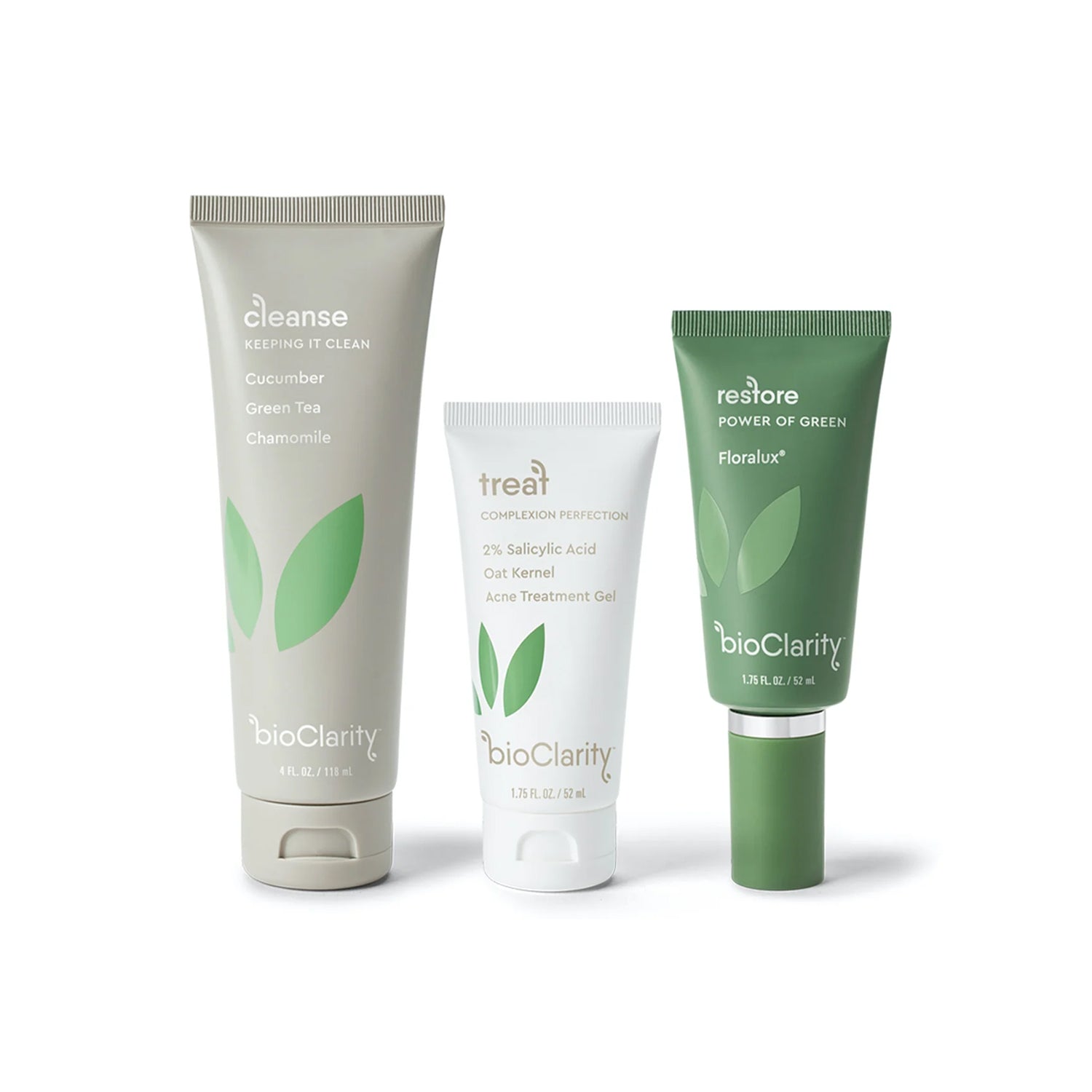
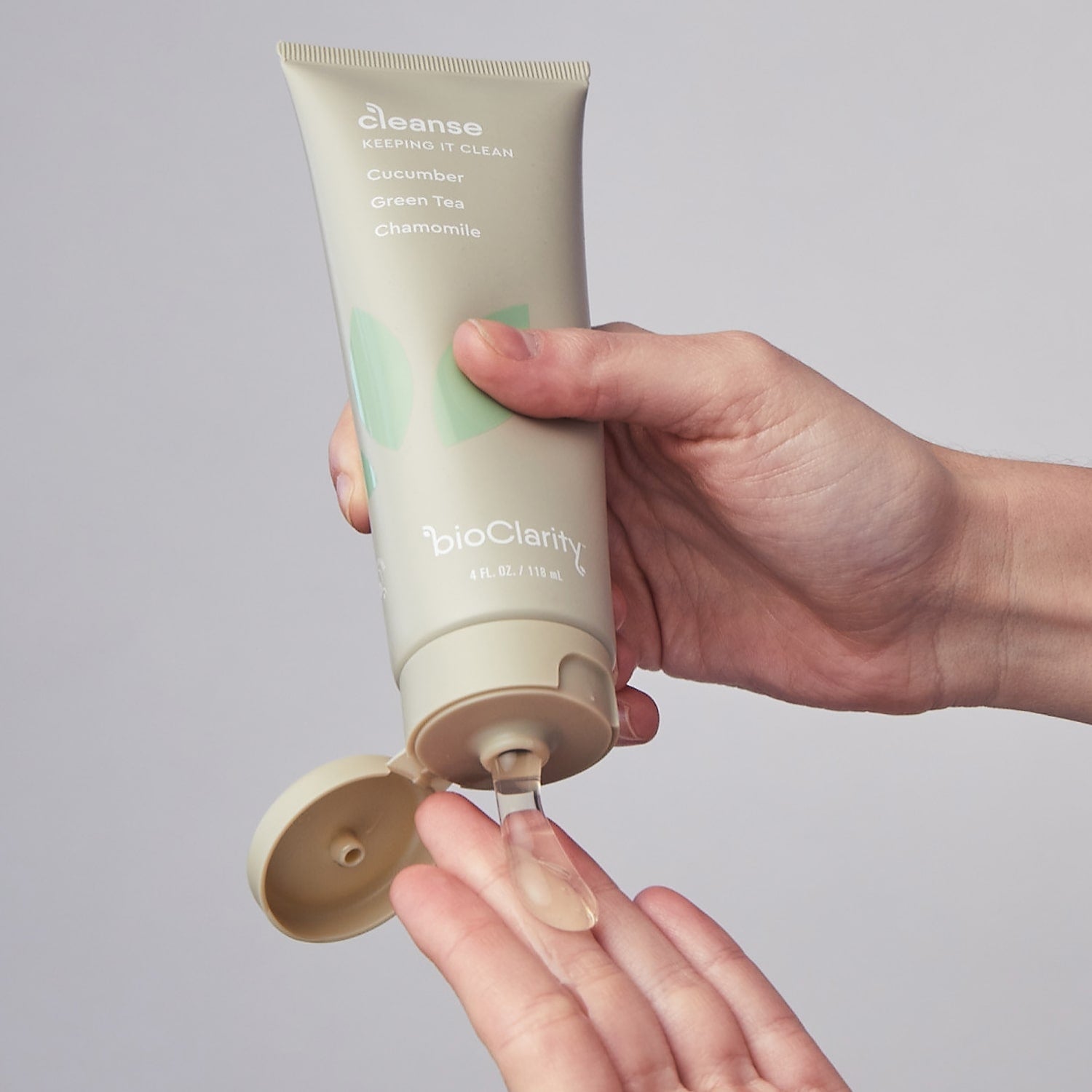
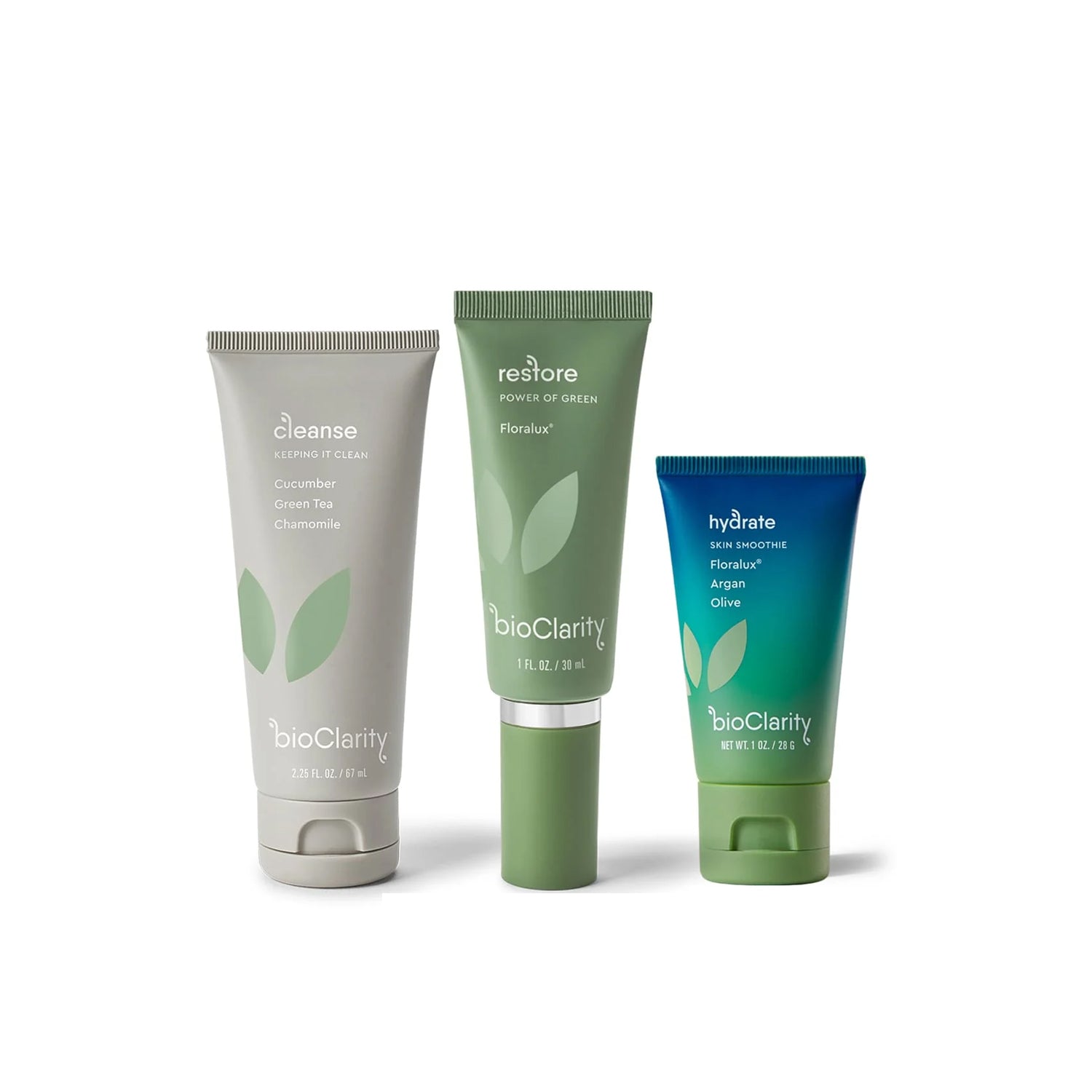
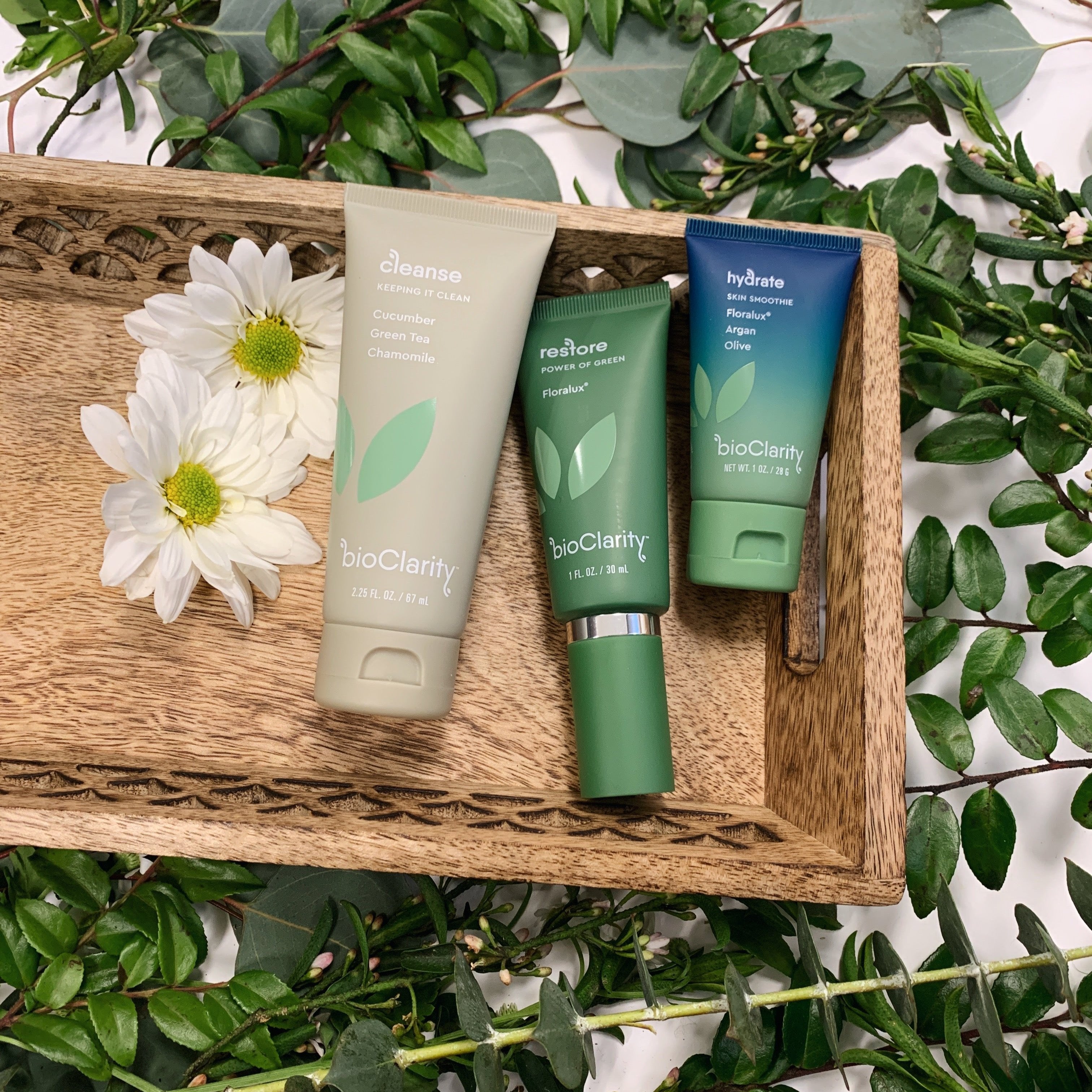
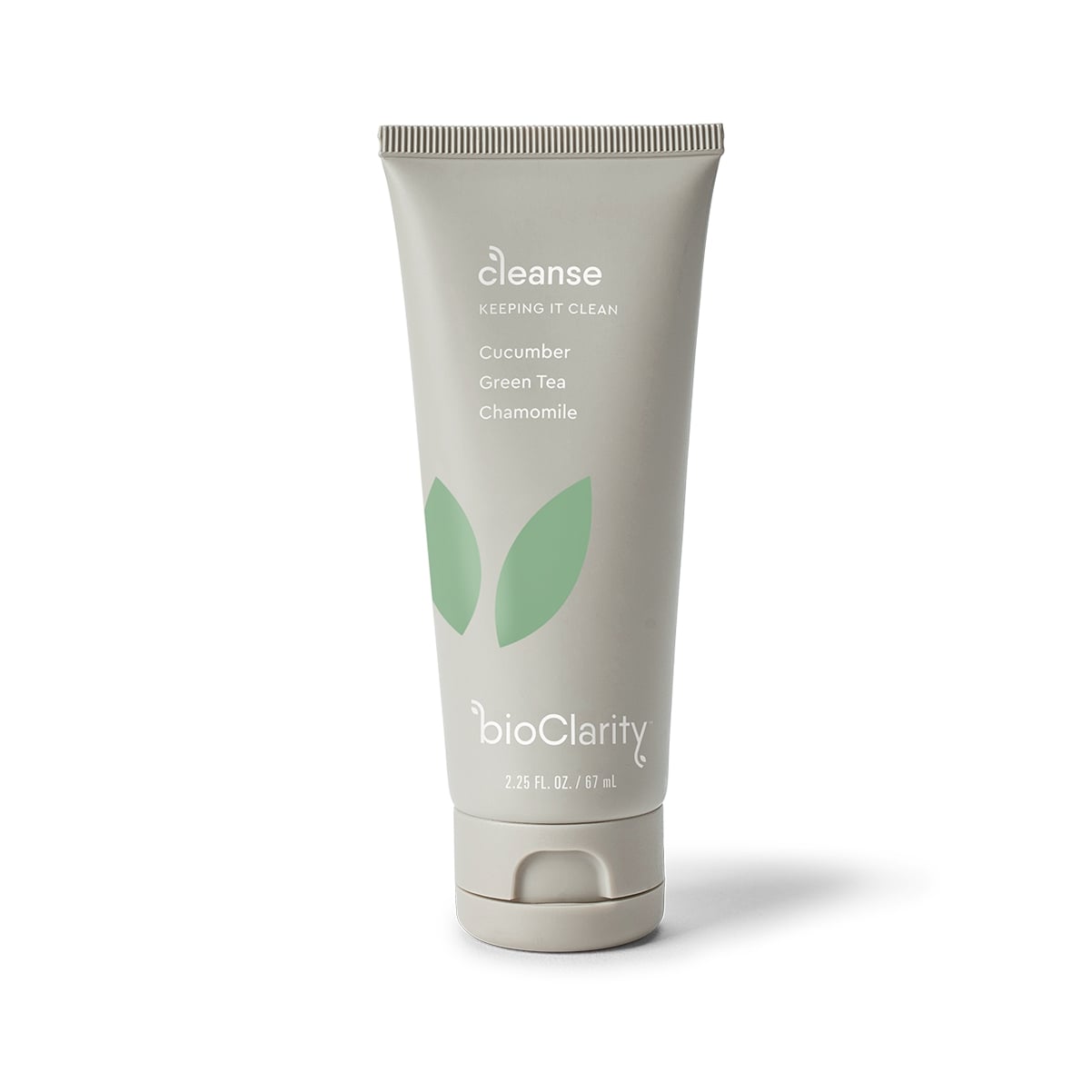
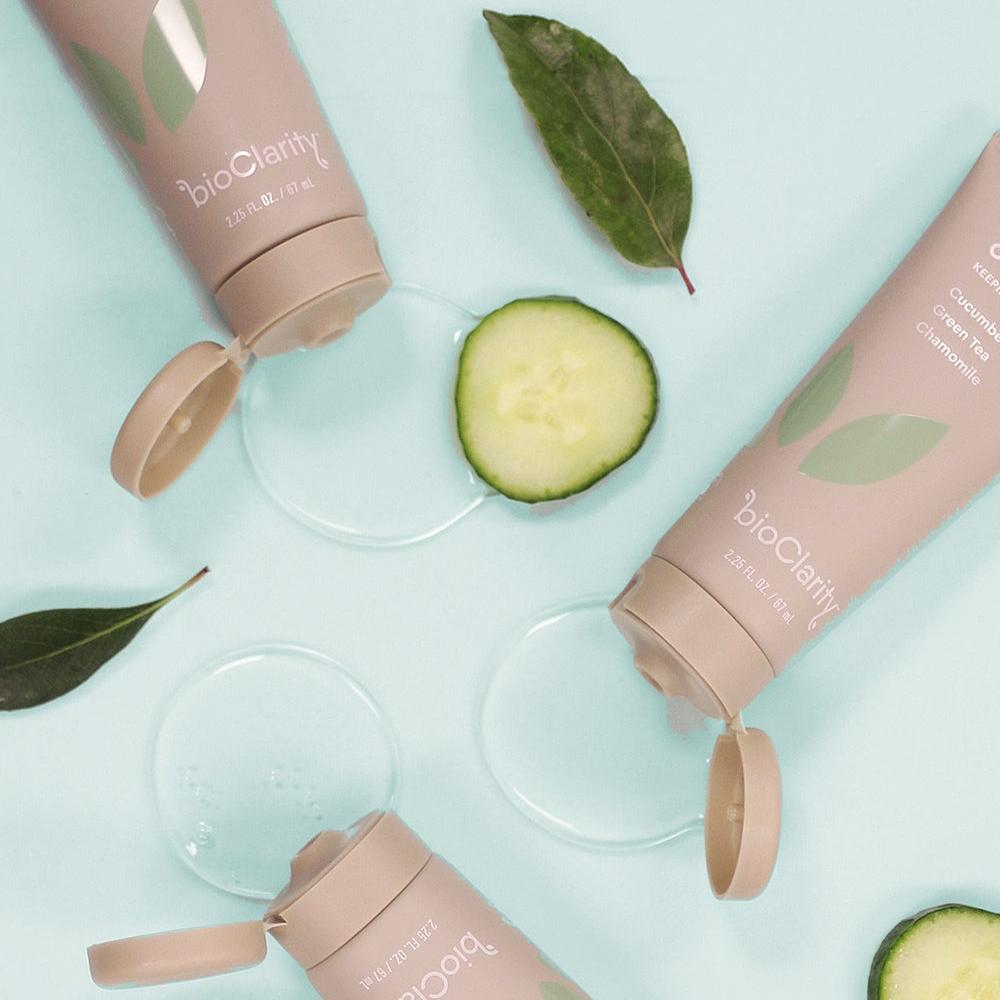


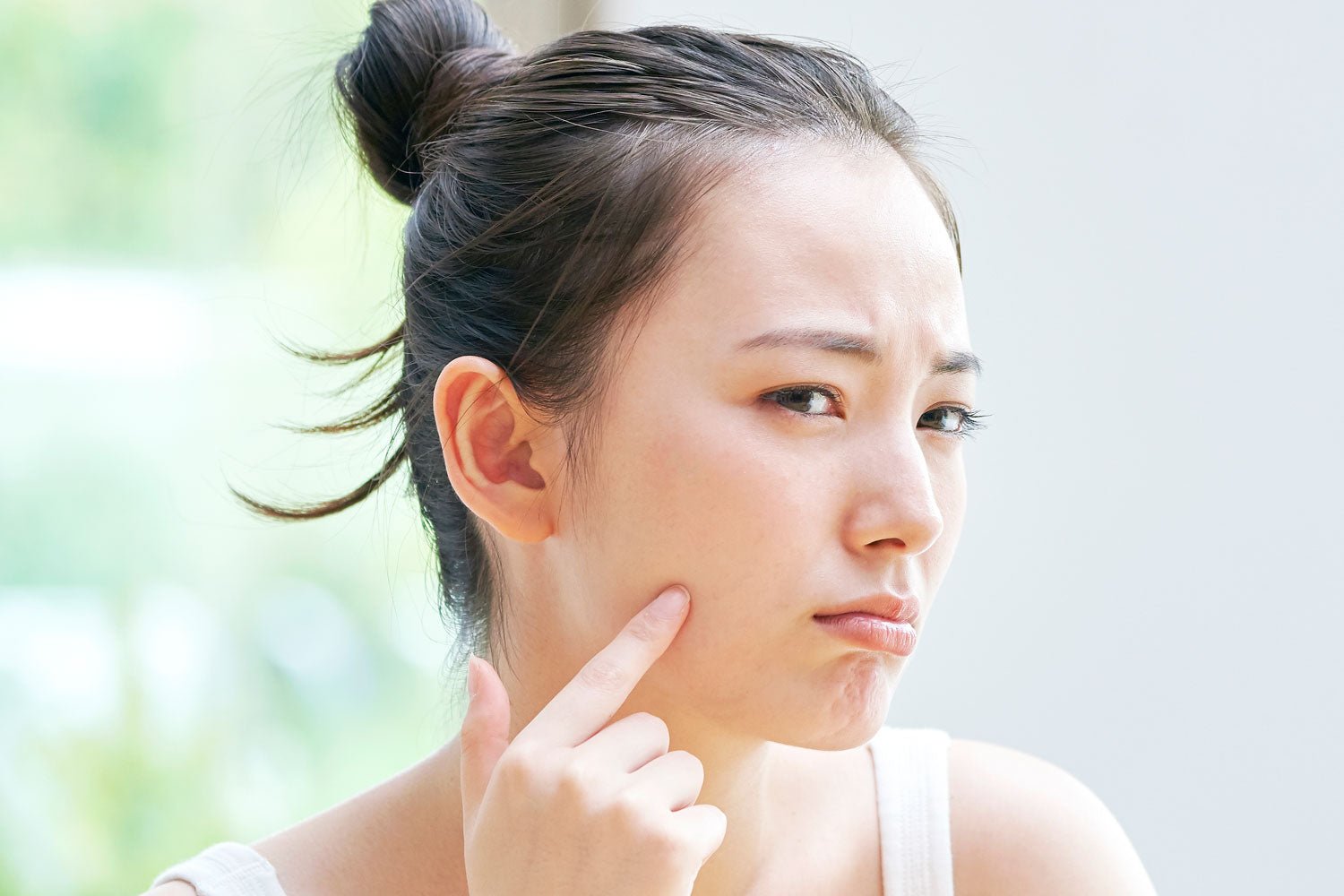
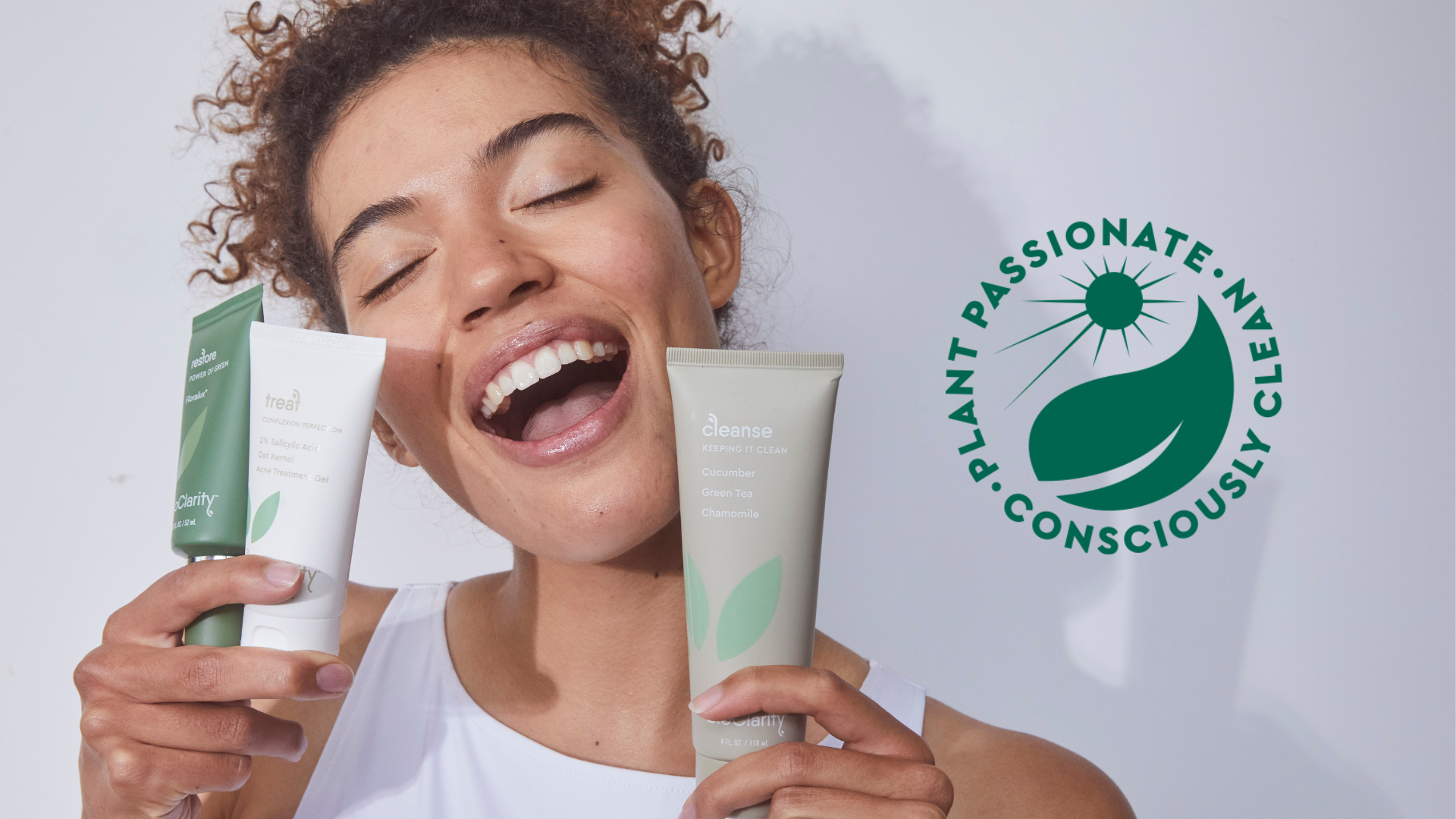

Comments